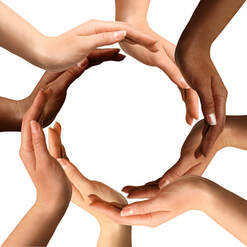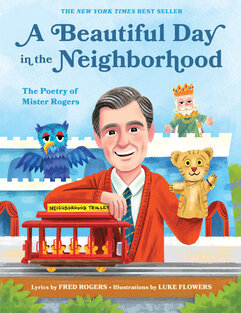
This call to unity is at the heart of many faiths, all of whom recognise the reality of the unity of the human race under God even if they do not always witness to it. Guru Nanak the founder of the Sikh faith overturned the distinctions between religions when he declared “there is neither Hindu nor Musselman” though, in the 16th cy, this led to the establishment of the Sikh faith and Mirza Husayn-Ali Nuri, the founder of the Baha’i faith and known as Baha’u’llah advocated universal peace and unity among all races, nations and religions in the 19th cy. There’s no doubt that the world today needs this unity and it’s at the heart of the work of interreligious dialogue. But it also needs a recognition of diversity and a respect for difference.
Unity is not uniformity and we all have our own ways of being human and religious. It’s so easy however, to retreat into our own ways of being human and religious and viewing others with suspicion and distrust. This leads to the building of walls rather than bridges, the isolation of groups, nations, cultures, religions; the viewing others as competition, looking out for our own advantage. All this is obvious in the political climate of today. In spite of the World Wide Web our world seems as much if not more divided as ever. We cannot afford to live behind our walls, having our view of the world skewed by the limits of the conditioning of our surroundings and culture.
A great friend of the Focolare is Sheikh Dr Mohammad Ali Somali, Director of the International Institute for Islamic Studies who has known and lived the spirituality of the Focolare for more than twenty years. At the Birmingham celebrations he said, “Unity is more than dialogue. 'Dialogue' is no longer a good term when you reach unity. We are no longer in a state of dialogue with the Focolare. We are united. And through our unity we want to bring God first between us but also to the whole world."
I’m not too sure unity is more than dialogue, if by that we mean that we are friends with no need to talk about our differences or suggest they’re not important. There’s a danger that a lot of interfaith dialogue can be superficial, though if it engenders friendship then that is a good foundation for what must eventually come about – the more difficult dialogues about issues that are in danger of setting us apart from one another.
It’s possible to have a unity that doesn’t ever touch on controversial issues or differences in belief. For example it’s possible for Christians and Muslims, as with Jews, to dialogue about the unity of God which we all believe in but never discuss the Christian insight into the Godhead as Trinitarian or grapple with how this relates to Oneness. It’s not so long ago that a Jewish friend was surprised when I said Christians believed in One God or would want to say the Shema, “Hear, O, Israel, the Lord our God is one”. Unity which goes beyond a superficiality needs us to understand the other, where they come from, why they believe what they believe, stand in their shoes and understand what they believe, even being able to articulate it. It’s also true for all the complex issues that living in a post-modern society throws up. If we are to live together in society, build a home together, celebrate our unity as citizens and avoid an apparent unity that keeps us living side by side we need to continue to deepen a dialogue that helps us engage with one another and face our differences – not easy but essential if dialogue is to be a genuine contribution to unity



 RSS Feed
RSS Feed
